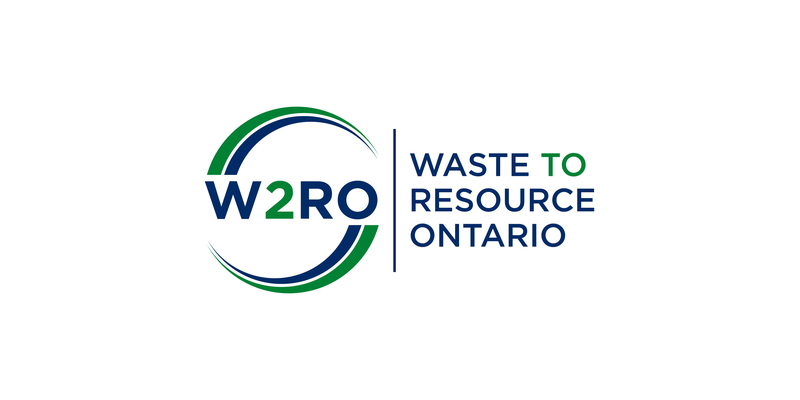
An important component in the Made-in-Ontario Environment Plan is moving Ontario’s existing waste diversion programs to the producer responsibility model. Transitioning Ontario’s waste diversion programs includes two concurrent steps:
- Winding up the existing waste diversion programs and industry funding organizations under the Waste Diversion Transition Act (WDTA); and,
- Putting in place regulations under the Resource Recovery and Circular Economy Act (RRCEA) to make producers fully responsible.
To date, both the Waste Electrical and Electronic Equipment (WEEE) and the Municipal Hazardous or Special Waste (MHSW) programs have been directed to develop and submit wind up plans to the Resource Productivity and Recovery Authority. A revised direction letter was recently issued to Stewardship Ontario instructing them to wind up the battery portion of the MHSW program by June 30, 2020, which is the same day that the WEEE program will cease operation.
In order to enable transition from the existing waste diversion programs to the new producer responsibility framework, the Ministry is developing policy considerations for a new regulation that will be in place when the WEEE and battery programs cease operation (i.e. July 1, 2020).
The MOECP has convened two webinars and while be conducting in-person meetings with stakeholders in the coming weeks. A copy of the webinar slide deck can be found here. OWMA will be convening membership discussions around WEEE and batteries in the next few weeks to develop and advocate for preferred regulatory approaches.
